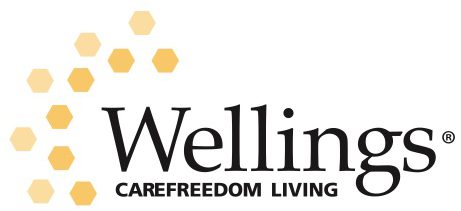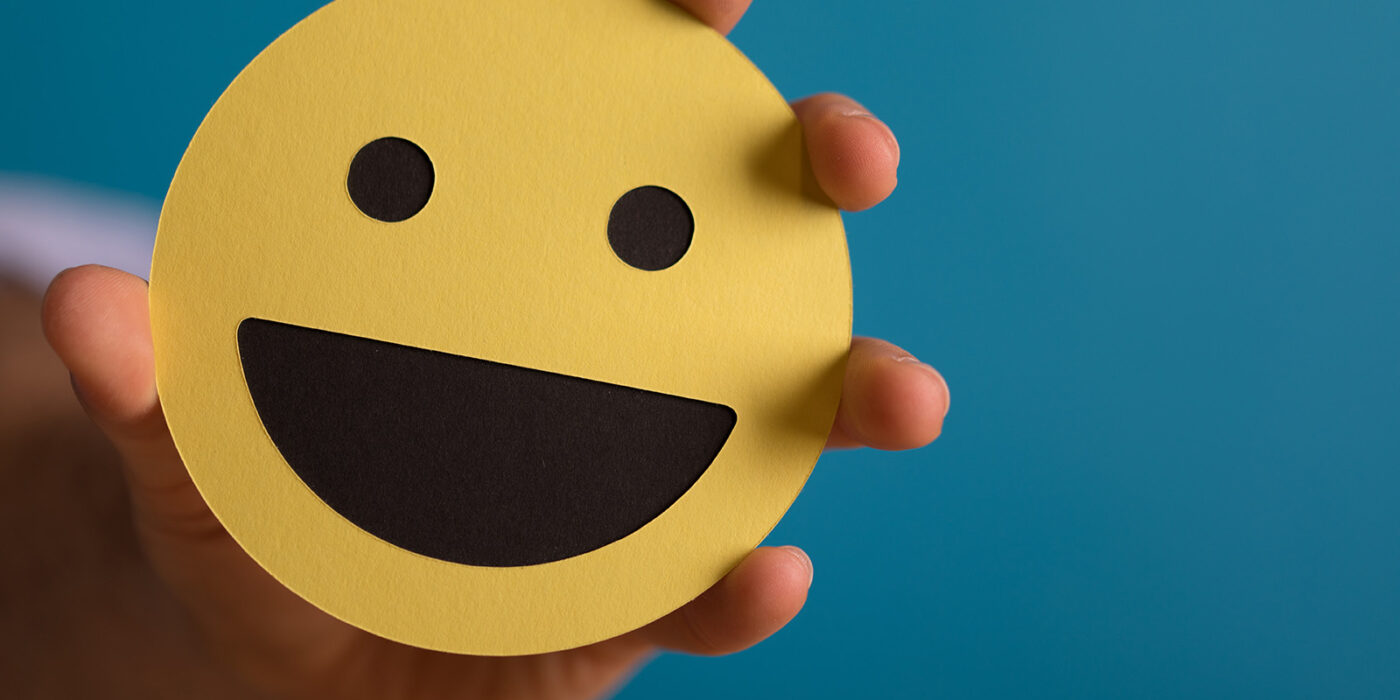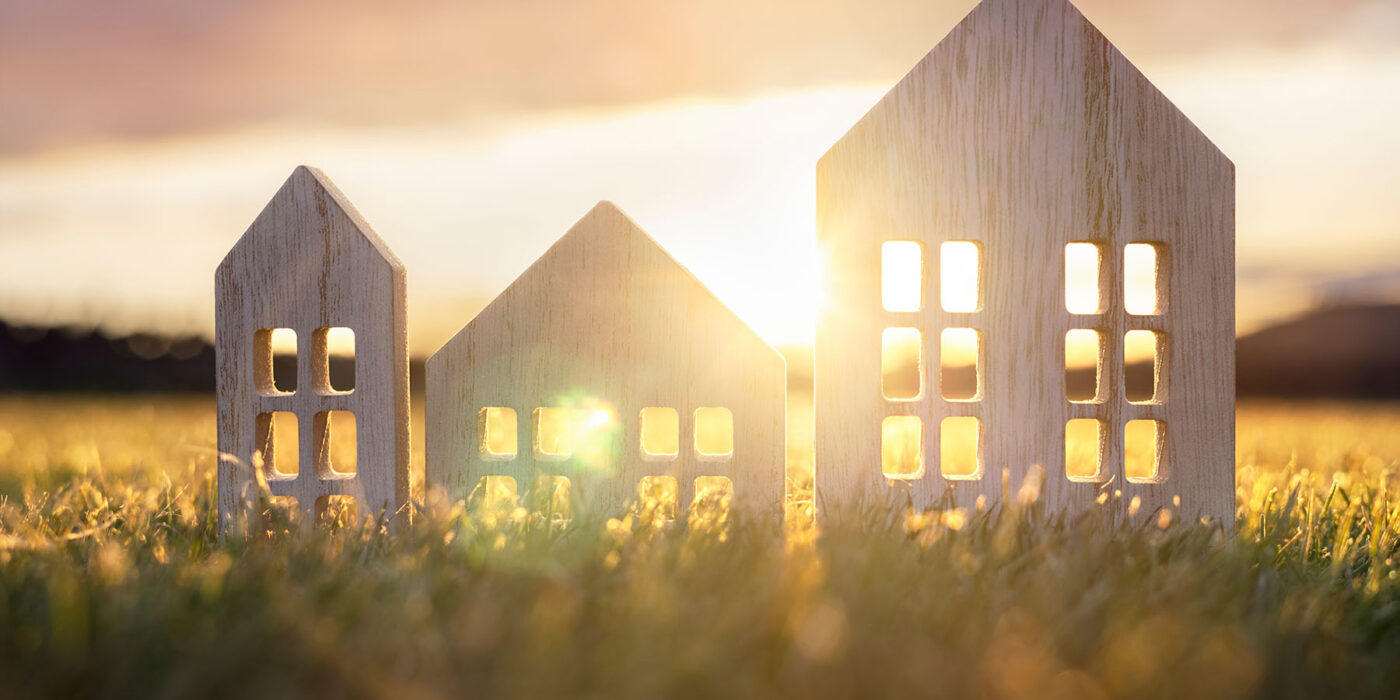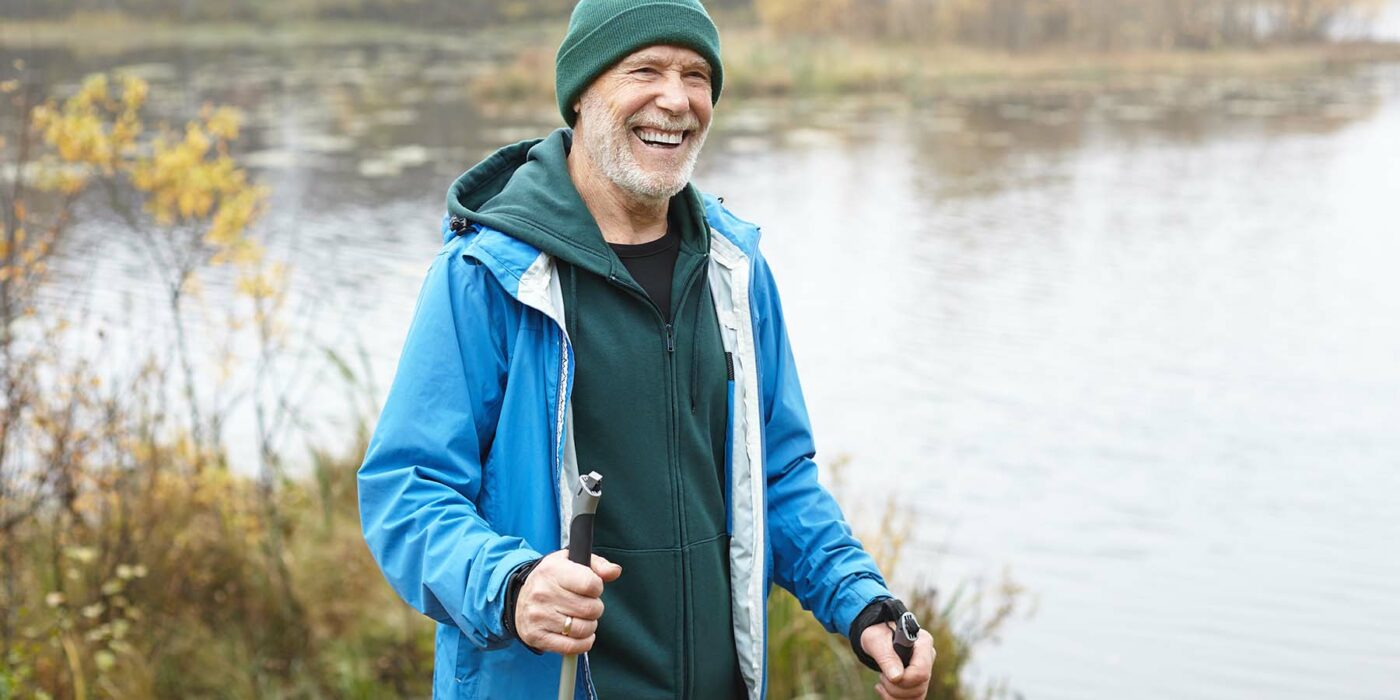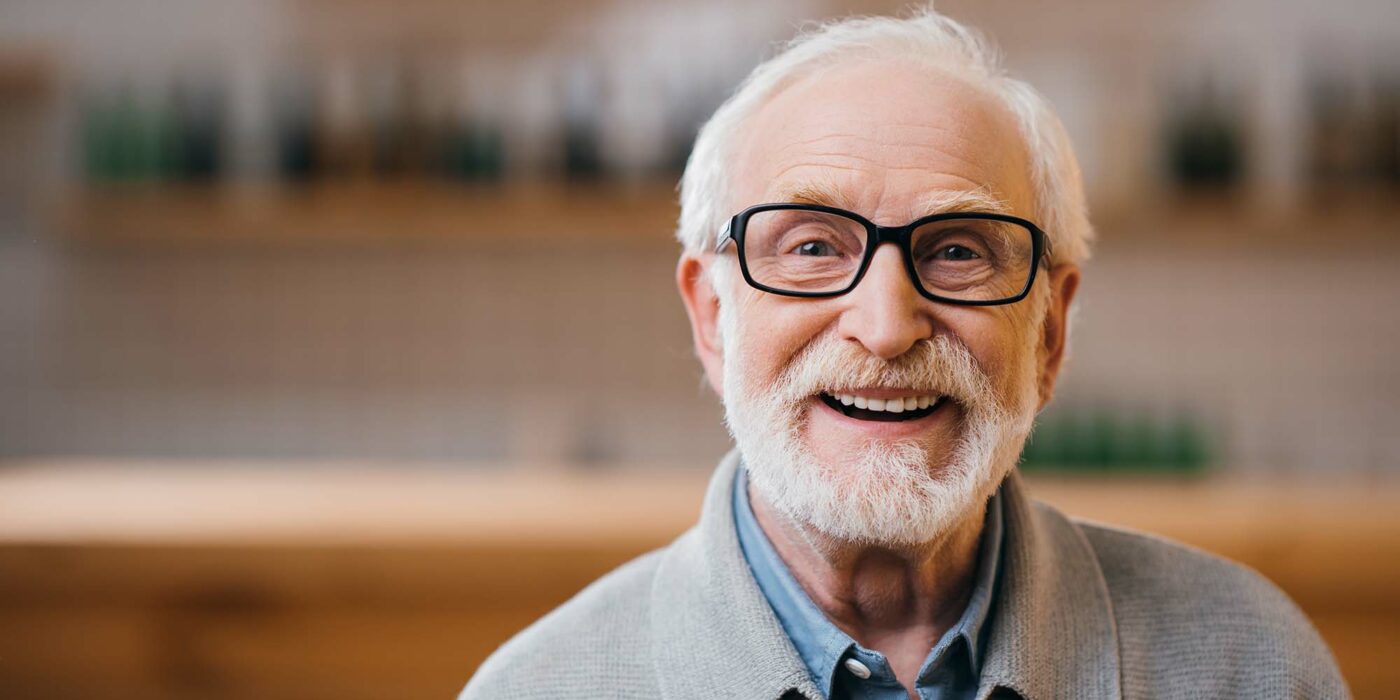What Is That Feeling of Happiness And How Can We Get More of It?
One of the top goals for us human beings, especially here in North America, is to be happy. In fact, the quest for happiness drives many of our behaviours. We look to positive experiences, expecting that they will make us happy. We relish the feeling of achieving a goal or revel in the honeymoon phase of a relationship and while both feel great, the feeling doesn’t last. So, let’s look at what that feeling is and how we can nourish more of it in our lives.
I’ve been studying and teaching what I call sustainable happiness for a long time but only recently challenged myself to explore the physiological aspect of happiness. Our beautiful brains produce chemicals or neurotransmitters that flood our body with good feelings. I wanted to share what I’ve learned here, so we can all look for ways to tap into this brilliant natural resource.
There are four main chemicals our brain produces: serotonin, sometimes called the happy hormone, endorphins, think runners high, oxytocin, known as the cuddle hormone and dopamine, think pleasure.
“The art of being happy lies in the power of extracting happiness from common things.” -Henry Ward Beecher
There’s a very good reason why we may not feel so cheerful on cloudy days. Sunshine helps our brain produce a chemical messenger or neurotransmitter called serotonin. Its purpose is to stabilize our mood; it contributes to our wellbeing and feelings of happiness. It also plays a role in our digestion and sleep.
If serotonin is low in your body, your immune system, digestive system, and sleep rhythm can be impacted and if serotonin is too low for too long, it can lead to depression. Some people with low serotonin can treat it with diet, by eating foods containing the amino acid tryptophan. Foods such as turkey, chicken, pork, eggs, and tofu are all good sources. Also, light exposure and exercise help with serotonin levels. The prescription then to increase serotonin, in addition to diet, is to make sure you get daily exercise and exposure to sunlight. If you feel your serotonin levels are off, speak with your healthcare provider, who is very well equipped to help.
“Happiness is a direction, not a place.” -Sydney J Harris
Many of us have experienced an endorphin rush after an exhilarating activity like running, which is why we refer to the feeling as runners high. The name endorphin is derived from endogenous morphine, meaning internally produced morphine or natural pain medicine. Endorphins are produced when we participate in both pleasurable and painful activities, providing pain relief and a sense of well-being. Say you sprain your wrist; endorphins flood your body to ease the pain. On the flip side, when you laugh uncontrollably, your body is flooded with endorphins. Research is ongoing but here are a few suggestions to help boost endorphin production in your body. Exercise moderate to vigorous, hearty laughter, listening to music, including yoga and meditation in your daily routine, having sex, enjoying dark chocolate, and acupuncture treatments all contribute to increased endorphins in the body; it sounds like a great prescription to me.
“Laughter boosts the immune system and helps the body fight off disease, cancer cells as well as viral, bacterial, and other infections. Being happy is the best cure of all diseases!” - Patch Adams
Full disclosure here: I am a cuddle bug. I love to experience that feeling of connection through snuggling; it goes way back to my childhood. I can’t help myself and I don’t want to help myself because now I see that science backs up the theory that cuddling is good for us.
Oxytocin, known as the love chemical, is released when we’re hugging, cuddling a person or a pet, kissing, and when we’re being kind to one another. Imagine that: you’re producing the love chemical for yourself, while you’re being kind to someone else. It’s no wonder kind people always seem to be so happy.
Oxytocin plays a role in reproduction, in birthing babies and bonding; any time we’re in a situation that gives us the warm and fuzzies, we’re feeling the effects of oxytocin. Ways to increase this cuddle hormone are staying connected with people you love, doing acts of kindness and hugging. There’s an added benefit if you can hold the hug for between 6 and 20 seconds because you’re lowering the stress hormone cortisol. Music, especially singing in groups, massage and making love all contribute to increased levels of oxytocin. Let’s get cuddling.
“Now and then it’s good to pause in our pursuit of happiness and just be happy.” -Guillaume Apollinaire
Finally, dopamine, known as the pleasure chemical, travels through our nervous system and affects many areas of our lives including motivation, movement, mood, sleep and even our heart rate. It’s a big part of our unique ability as human beings to think and make plans. Dopamine also plays a role in our brain’s reward system. The creators of social media understand this very well; it explains why the apps keep us coming back. Likes and shares give us a dopamine hit, so we must be careful to manage how much time and energy we invest in this type of reward system, to keep our happy hormones in check.
When dopamine levels are low, we can lack motivation and feel chronically tired; low dopamine levels can contribute to addictive behaviour. Ingesting too much caffeine, alcohol or sugar can deplete dopamine, as will high stress. That’s the bad news; the good news is that there are supplements including some B vitamins and vitamin D that you can take to increase dopamine production.
I’m a big believer in the power of expressing gratitude and showing appreciation; it makes me so happy to see that mainstream science recognizes the benefit of these practices. I believe in the power of exercise, laughter, eating a healthy diet rich in colourful fruit and vegetables and exposure to sunlight. I believe in the power of dancing like nobody’s watching and one of the most important contributors to our happiness: connection and community because sharing our journey with others decreases stress and increases happiness. Here’s to a year filled with your own flavour of happiness and a wish that you share it freely with others.
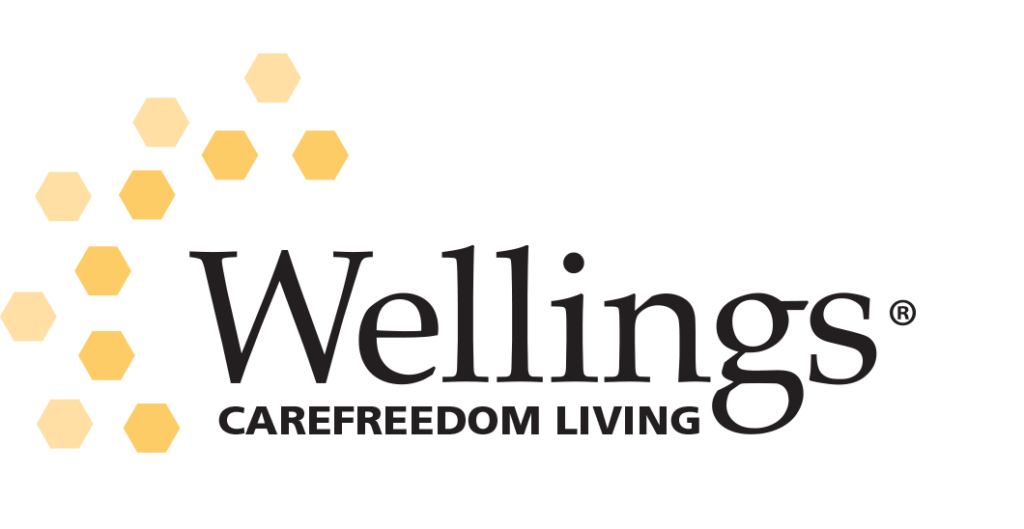
This Wellings blog by Kathie Donovan was exclusively written for Wellings Communities and appeared first on MyWellings.com.
